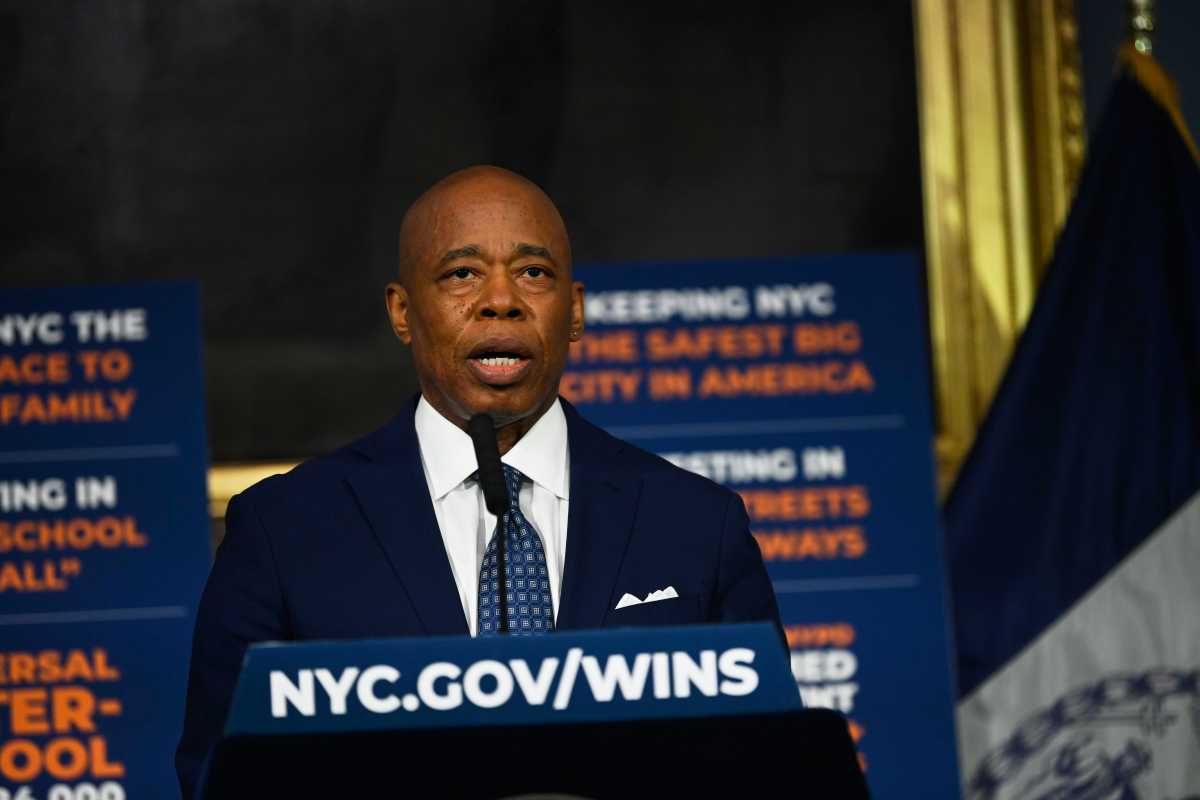Sickle cell disease is a cruel condition that causes chronic severe and unpredictable pain along with frequent infections, high risk of stroke and kidney disease, and a shortened life expectancy. It is a global, national and state-level health problem that prevents thousands of New Yorkers from living a life free from pain.
The facts on sickle cell paint a clear picture of the severity of the situation: 100,000 Americans have been diagnosed with sickle cell disease and 10,000 of them live right here in New York. Eighty percent of these patients live in New York City alone. It is likely that these numbers are even an underestimation of the situation, given that the data collection on sickle cell is lacking. New York’s leaders in Albany and Washington have a duty to ensure that these patients can access the care they need.
Thankfully, recent breakthroughs in the pharmaceutical industry could completely change the lives of patients with sickle cell. Promising developments in one-time cell and gene therapies could potentially give us a cure to sickle cell in the next few years. As exciting as this news is, it means nothing if the very patients who need the treatments will struggle to access them.
Sickle cell disease patients have been put on the backburner since the disease’s discovery more than 100 years ago. The vast majority of patients are African American, a small portion are Hispanic and very few are white, which subjects those most afflicted to the systemic racial biases in our health care system. Roughly 1 in 365 African Americans is born with sickle cell and 1 in 13 African Americans are carriers of the sickle cell trait.
These patients have received little attention, research funding or pharmaceutical investment, which has created massive barriers to care access. There are only a handful of available drugs to treat the disease and very few doctors willing and able to confidently care for these patients. All patients, regardless of race or background, deserve access to the best possible care for the disease they’re battling.
More than 40% of Americans with sickle cell rely on Medicaid for coverage, and New York has the largest population of sickle cell patients on Medicaid (about 50%). Many do not live long enough to age into the Medicare system, and it is nearly impossible to gain private insurance through a full-time job when you’re spending so much time in and out of the hospital. This means it can be especially challenging trying to see specialists or access treatments. Medicaid coverage of drugs can vary, and according to the CDC Foundation less than 70% of doctors in the U.S. are accepting new Medicaid patients.
Curative treatments need to be available to patients on day one of approval. I am calling on New York’s leaders in Albany and Washington to come together to make the necessary policy changes so that the thousands of New Yorkers suffering from sickle cell can access the treatments they deserve.
We need access to new treatments for all patients on day one of their FDA approval, regardless of their health insurance coverage. We need medical professionals to have the necessary training and knowledge to adequately treat these patients. And above all, we need a coordinated federal and state approach to get this done.
Kevin Riley is a member of the New York City Council representing the Bronx’s 12th District.






















